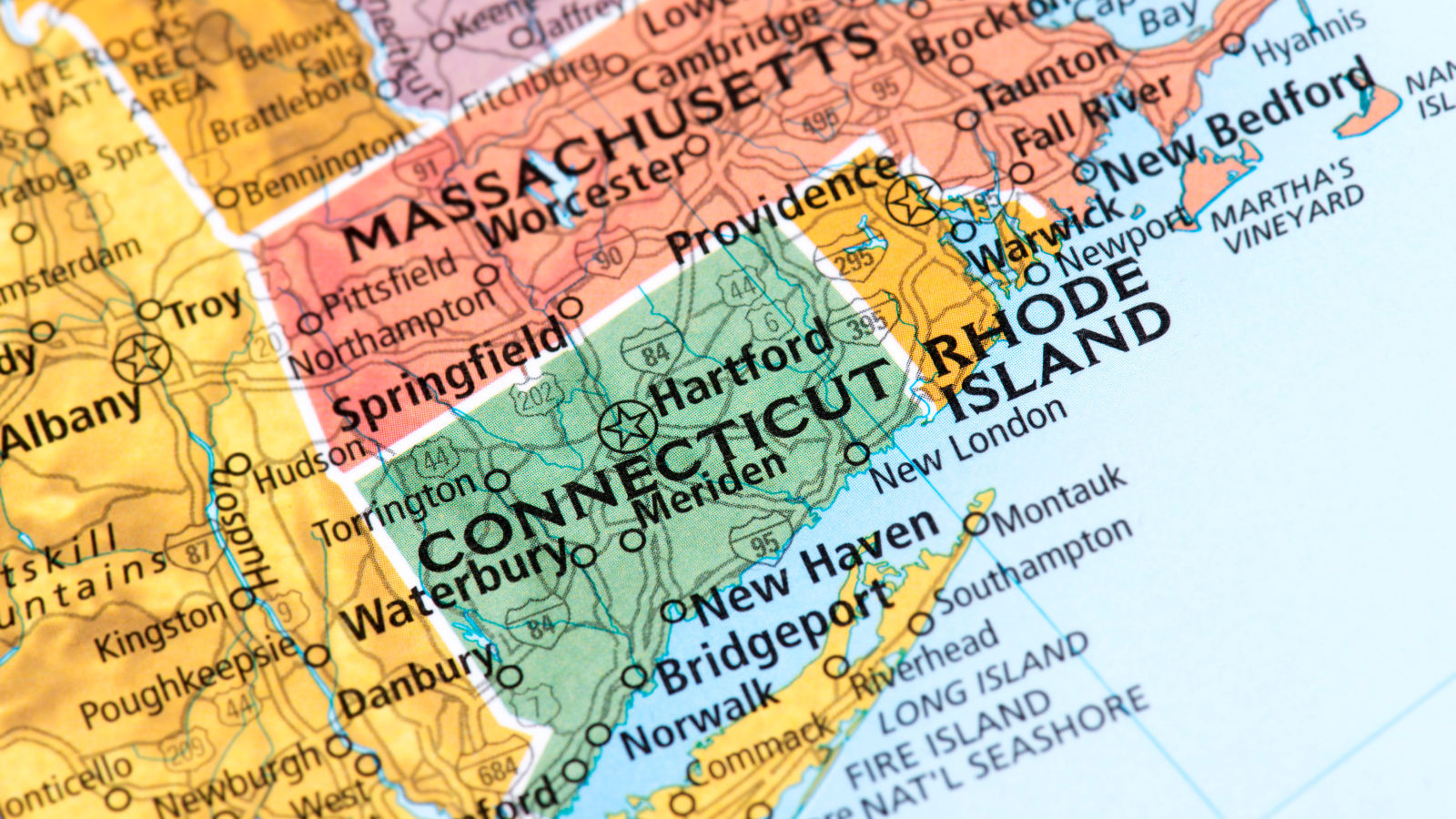U.K. Prime Minister Delays Emissions-Reduction Targets, Including Gasoline and Diesel Car Ban
U.K. Prime Minister Rishi Sunak has announced a delay in several key emissions-reduction targets, including pushing back the ban on the sale of new gasoline and diesel cars from 2030 to 2035.
Monjasa Spearheads the Development of Latin America's Marine Biofuels Supply Chain
Monjasa, one of the world's top 10 marine fuel suppliers, is working to establish a sustainable and scalable biofuel option for the maritime industry in Latin America.
Climate Change Skepticism Challenges EPA's Ambitious Plan to Cut Auto Emissions
The U.S. government's ambitious plan to cut greenhouse gas emissions from passenger vehicles is facing skepticism about its feasibility and whether it goes far enough.
Connecticut Drives Towards a Greener Future with Zero-Emissions Car Plan Set for 2035
Connecticut's commitment to becoming zero emission by 2035 stems from a growing recognition of the urgent need to address climate change and its adverse effects on the environment and public health.
Amazon's Carbon Emissions Dip for the First Time Due to Renewable Energy Purchases and Slower Sales Growth
Amazon reports a decrease in carbon emissions for the first time since the company began reporting the figure.
IMO Unveils Global Emission-Reduction Targets, Implications for Shipping Industry and Freight Rates
The International Maritime Organization (IMO) has announced new global emission-reduction targets, but the ambiguity surrounding the means to achieve these targets is expected to limit new ship ordering.
Near-Zero-Emissions Diesel Trucks on the Rise, Outpacing Electric Trucks
The number of near-zero-emissions diesel trucks on the road increased by 10.2% between 2021 and 2022, according to the Diesel Technology Forum.
Daimler Truck Sets Ambitious Revenue Growth Targets as it Shifts to Zero-Emissions Powertrains
Daimler Truck, the truck division of Daimler AG, has outlined its plans for a transition to zero-emissions powertrains and projected revenue growth of 40%-60% in the second half of the decade.
IMO Adopts Stricter Greenhouse Gas Emission Targets for Global Shipping Industry
The International Maritime Organization has approved more rigorous greenhouse gas emission targets for the global shipping sector, aiming for net-zero emissions "by or about 2050."
Survey Shows Emissions Reduction as Top Priority Despite Industry Challenges in the Coming Year
A report by Breakthrough, a transportation management technology provider, reveals that consumer demand for sustainable products is driving shippers and carriers to adopt more eco-conscious practices.
Mars and DHL Establish Logistics Hubs, Achieving a 7.7% Reduction in CO2 Emissions
Mars and DHL have collaborated to establish new logistics centers in the UK, utilizing advanced technology to reduce CO2 emissions by 7.7%.
Achieving decarbonization in the transportation sector will be an enormous undertaking
Global temperatures have risen by 1.1 degrees Celsius above preindustrial levels, leading to increased CO2 concentrations in the atmosphere not seen in millions of years.
Rapid Rise in EV Sales May Not Be Enough to Meet Emissions Reduction Targets
BloombergNEF predicts that global electric vehicle sales will more than double by 2026, reaching around 27 million units, driven by strong sales in China and the US.
DHL is supporting Formula 1's commitment to achieving net zero carbon emissions
DHL and Formula 1 are partnering to enhance sustainable logistics by introducing a fleet of 18 biofuel-powered trucks for European Formula 1 races by 2023.
Field Service Innovations Driving Net-Zero Emissions Goals
The pressure for corporations to reduce their carbon emissions is growing, and field service operations can play a crucial role in this transition.
California zero-emission truck mandate sets a timeline
California Air Resources Board (CARB) has approved rules that all new medium- and heavy-duty vehicles sold or registered in the state should be zero-emission by 2036 and all trucks to be zero-emission by 2042.
DB Schenker and MSC partner to help reduce supply chain emissions
The global freight forwarder and global shipping line have agreed to help reduce the industry’s emissions by using certified sustainable, second-generation biofuels.
A zero-emission future in the trucking industry depends on strong collaboration
To achieve the goal of a zero-emission future, the trucking industry needs to work together with various stakeholders, including government agencies, regulatory bodies, truck manufacturers, fleet operators, and others.
While most companies are pledging net-zero goals, less than half have made operational changes
To ensure companies follow through on their net-zero emissions goals, it may be necessary to increase investment in low-carbon technology, implement government regulations, and increase public pressure on companies to act.
Mid-level managers are critical for achieving net-zero emissions
Mid-level operations managers play a crucial role in reaching net-zero emissions because they are responsible for managing and coordinating the day-to-day operations of a company, including supply chain, logistics, production, and distribution.




















